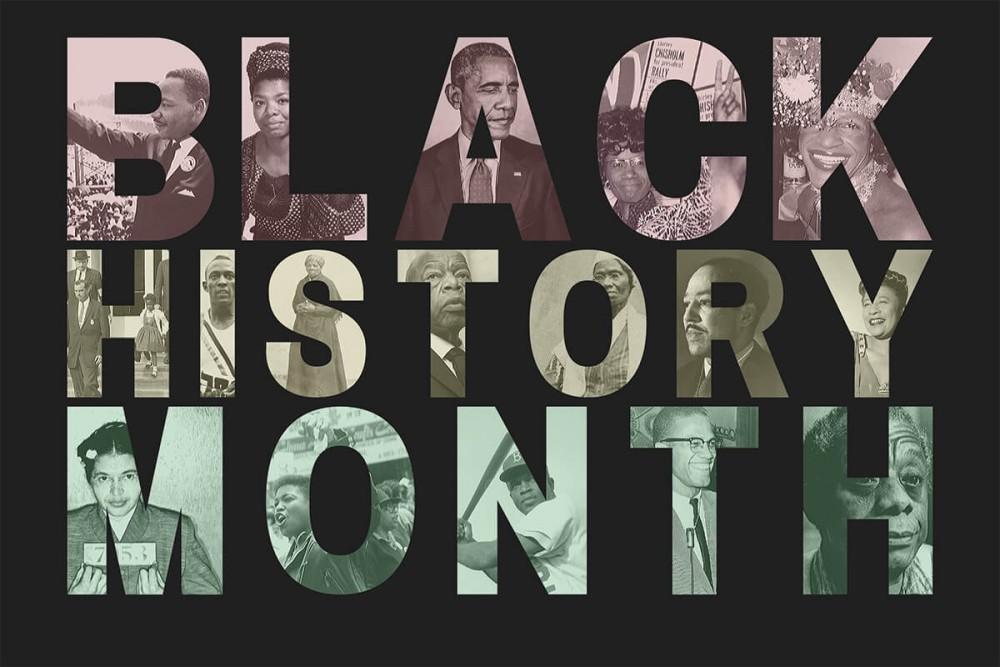Black History Month has been a recurring celebration of Black American history since the 1940s. It originally started as Negro History Week when Carter G. Woodson wanted to “Encourage Black Americans to become more interested in their own history and heritage.” Woodson was a founder of the Association for the Study of African American History. He was the son of freed Virginian slaves, and went on to earn a Ph.D in History from Harvard University.
The first Negro History week was held in February, 1926. Daryl Michael Scott who was a history professor at Howard University said, “Woodson chose that week because Black Americans were already celebrating Lincoln’s and Douglass’s birthdays.” This week made its way around because of Black newspapers. Negro History Week was a great start to this celebration, however, he felt it needed more. He felt that one week of being educated on the achievements of Black Americans wasn’t enough and should be talked about on an everyday basis. “If a race has no history, if it has no worthwhile tradition, it becomes a negligible factor in the thought of the world, and it stands in danger of being exterminated,” Woodson said.
In 1976, it had been the 50th anniversary of the start of Negro History Week when, “the Association for the study of African American History made the shift to Black History Month.” As of today, every February the U.S celebrates the cultural heritage, triumphs, and adversities that are an extremely important part of our country’s history.
The 2024’s Black History Month theme is African Americans and the Arts. African American Art is mixed with African, Caribbean, and the Black American lived experiences. There is such a large African American influence on visual performing arts including, literature, fashion, language, film, music, culinary, and more. African American artists have used their art to preserve their history for memory and encouragement. Some movements lead by African American artist include the New Negro, Black Arts, Black Renaissance, hip-hop, and Afrofuturism. They have set many popular trends around the world that influence others. In 2024, we can take a look at the history and life of African American culture through their art.








